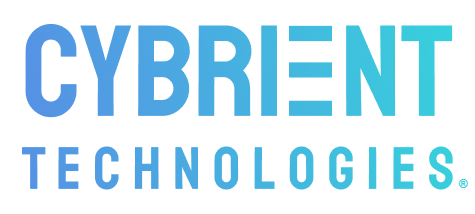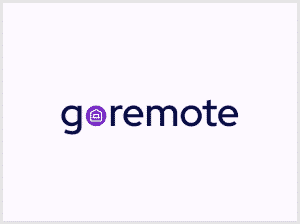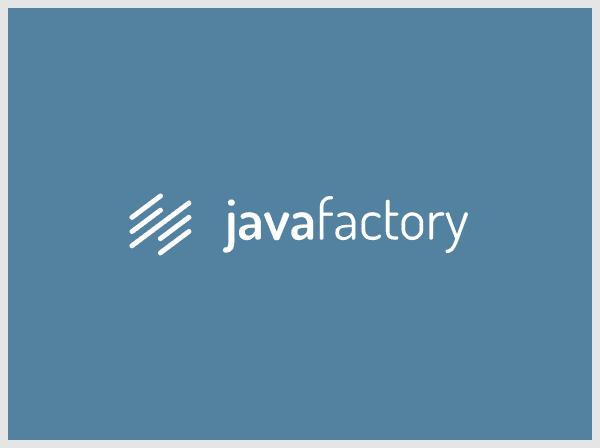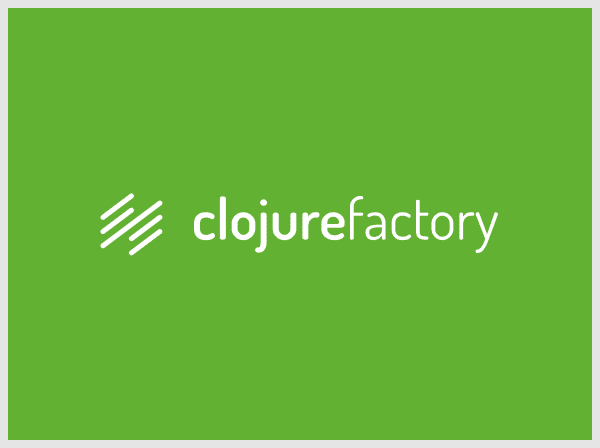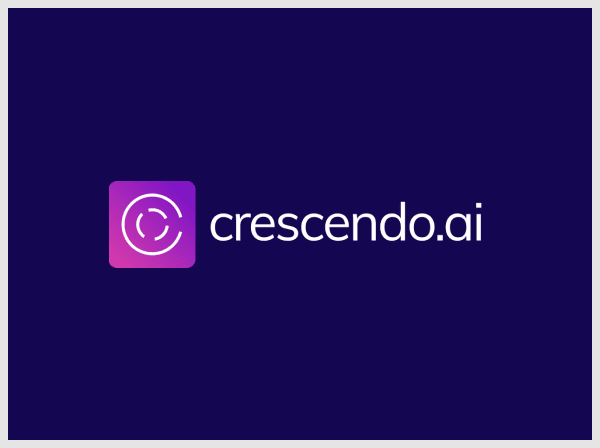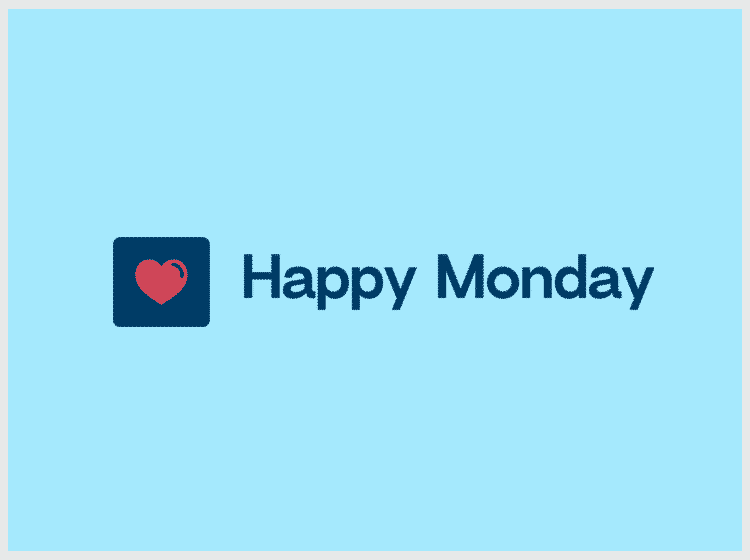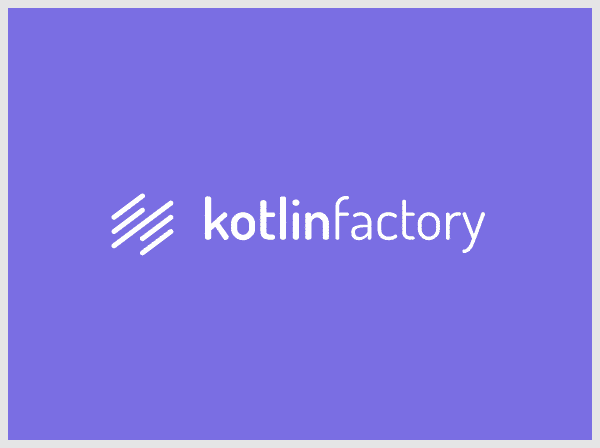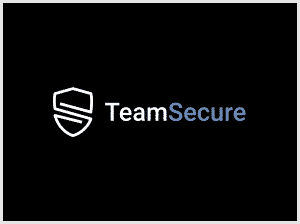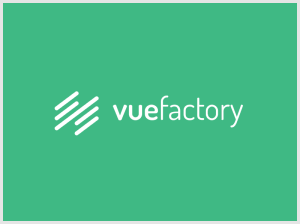One mission
Bringing innovative technology solutions to answer the world's challenges
Get to know us in less than 60 seconds
2008
We are 100% bootstrapped. We started convinced that new technologies will significantly transform our world. The economic crisis of 2008 opened up our path. With the COVID-19 pandemics, technology became a necessity and priority.
66 brands
We own and operate brands in the field of SaaS, Staffing, AI, Job-Boards, Communications, HR & Recruitment Tools, Education, and Legal-Tech. We actively look for profitable brands to acquire in those domains.
+90 programmers
Across our brands, we have more than +90 Developers & QAs allocated to our clients at any given time. We serve a wide range of industries such as Oil & Gas, Entertainment, Automotive, Commodity Trading, and Startups.
Proud members of

Switzerland Global Enterprise

OWASP (The Open Web Application Security Project)
